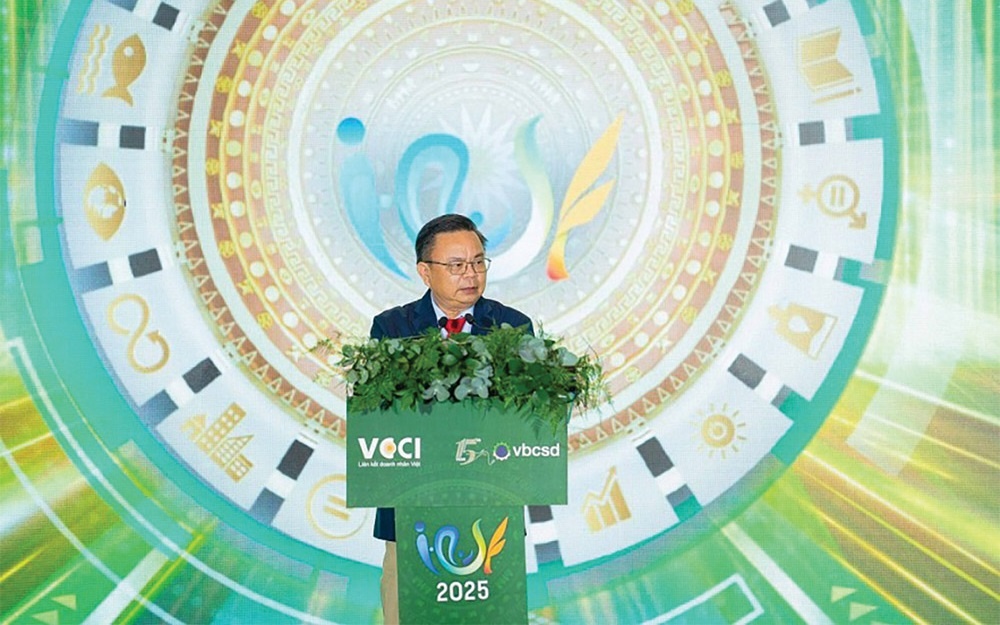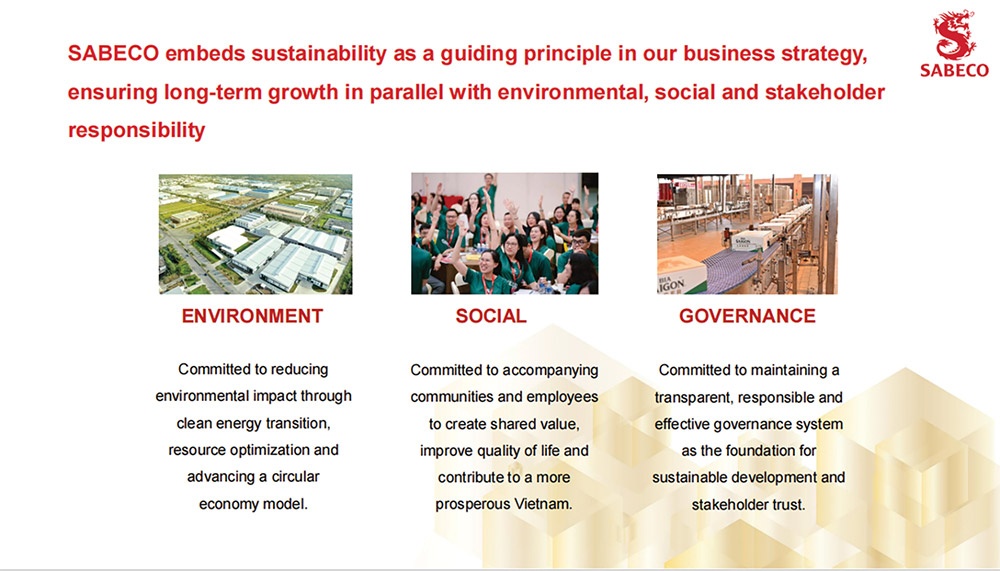
Vietnam’s legal framework is gradually being refined to accelerate sustainable development. The directive to focus on sci-tech and innovation is core for environmental, social, and governance (ESG) considerations, while the country has also laid out a path to reduce single-use plastics, with the target of 100 per cent eco-friendly packaging by 2030. These measures mark a deliberate effort to embed ESG in national development strategy.
For companies, however, the transition is far from straightforward. Implementing ESG often increases operating costs by 10–20 per cent of initial budgets and requires expertise that many firms lack. The challenge is particularly acute for small and medium-sized enterprises, which make up 97 per cent of Vietnam’s business community. Limited data, fragmented reporting frameworks, and weak internal capacity leave many struggling to produce credible sustainability disclosures.
Despite such constraints, momentum is evident. Surveys strongly suggest that 80 per cent of Vietnamese enterprises have either committed, or plan to commit, to ESG targets within four years. Viet Research found that 96 per cent of surveyed firms have adopted sustainability or net-zero objectives, with 93 per cent pledging concrete carbon reduction.
This rapid evolution of corporate consciousness reflects both external pressure from investors, consumers and trading partners, and recognition that ESG is linked to long-term competitiveness.
Leading groups such as Vinamilk, PNJ, Masan, and SABECO show how ESG can be embedded across sectors, with initiatives covering renewable energy, labour standards and governance transparency. In export industries, alignment with international ESG norms is increasingly the price of market access.
Listed firms and foreign-invested enterprises, accustomed to higher disclosure thresholds, are already setting the pace. For others, the strategic question is how quickly they can bridge the gap between aspiration and delivery.
With a heritage of 150 years, SABECO has long been a household name in Vietnam. Yet the company has chosen not to rest on legacy. Today it operates 25 breweries, serves more than 200,000 outlets nationwide, and exports to over 35 countries. Its ambition is clear: to use scale and influence not only to deliver quality products, but also to lead the industry towards sustainable development.
Nguyen Hoang Giang, general director of Saigon Trading Company and executive board member of SABECO, emphasises that ESG is at the heart of this transformation.
“We do not wait for perfect conditions to act. Transformation must begin internally, step by step, with consistency and a clear objective,” he explained at the Vietnam Corporate Sustainability Forum 2025.
The company has made significant strides under the environmental pillar. By the end of 2024, 64 per cent of SABECO’s breweries were equipped with solar power systems, while 40 per cent of total production energy came from renewables. More than 64 per cent of waste was recycled or reused, water consumption per product unit was reduced by 7.3 per cent compared with 2023, and greenhouse gas emissions fell by 9.3 per cent from the baseline year.
These achievements form part of SABECO’s net-zero 2050 roadmap, which includes an interim target to reduce emissions by 42 per cent by 2030.
Beyond environmental impact, SABECO recognises its responsibility to the community. Over the past year, the company installed over 100km of solar-powered street lighting across 34 provinces, brought support to 37,500 people under the “63 provinces, one Tet” campaign, and created 30 sports facilities for local communities.
“A business is only sustainable if the community around it grows sustainably,” Giang said.

Governance is the third foundation of SABECO’s ESG strategy. All breweries have received ISO certifications on food safety and environmental management. Suppliers are evaluated on ESG criteria and required to comply with a strict code of conduct. A dedicated research and development centre has also been established to drive innovation and sustainability in brewing.
The company also works closely with PRO Vietnam and the Ministry of Agriculture and Environment to implement extended producer responsibility for packaging. Transparency is reinforced through whistle-blower channels and robust anti-corruption processes.
SABECO has institutionalised these efforts. In 2024, it published its first independent sustainability report, aligned with international GRI standards, and established a board-level Sustainability and Risk Governance Committee. ESG performance has been integrated into internal KPIs across multiple functions, ensuring that sustainability is not rhetoric but practice.
These results demonstrate that sustainability and competitiveness can go hand in hand. In a market where consumers are increasingly attentive to responsible brands, and international partners demand ESG compliance, SABECO’s strategy offers both resilience and opportunity. Rather than viewing ESG as a cost burden, the company positions it as a growth platform and a way to create long-term value.
The transformation is also in line with Vietnam’s evolving policy framework, with regulatory expectations tightening. SABECO’s proactive approach shows how a leading domestic enterprise can not only comply with these requirements but also set industry benchmarks.
As global markets raise the bar, Vietnamese businesses face increasing pressure to close the gap between aspiration and execution. SABECO’s case illustrates that the transition is possible when leadership commitment is strong, investment is strategic, and community engagement is authentic.
“Development based on ESG ensures that no-one is left behind,” Giang added. “The value created is sustainable not only for the enterprise, but also for the nation.”
Thy Nguyet




